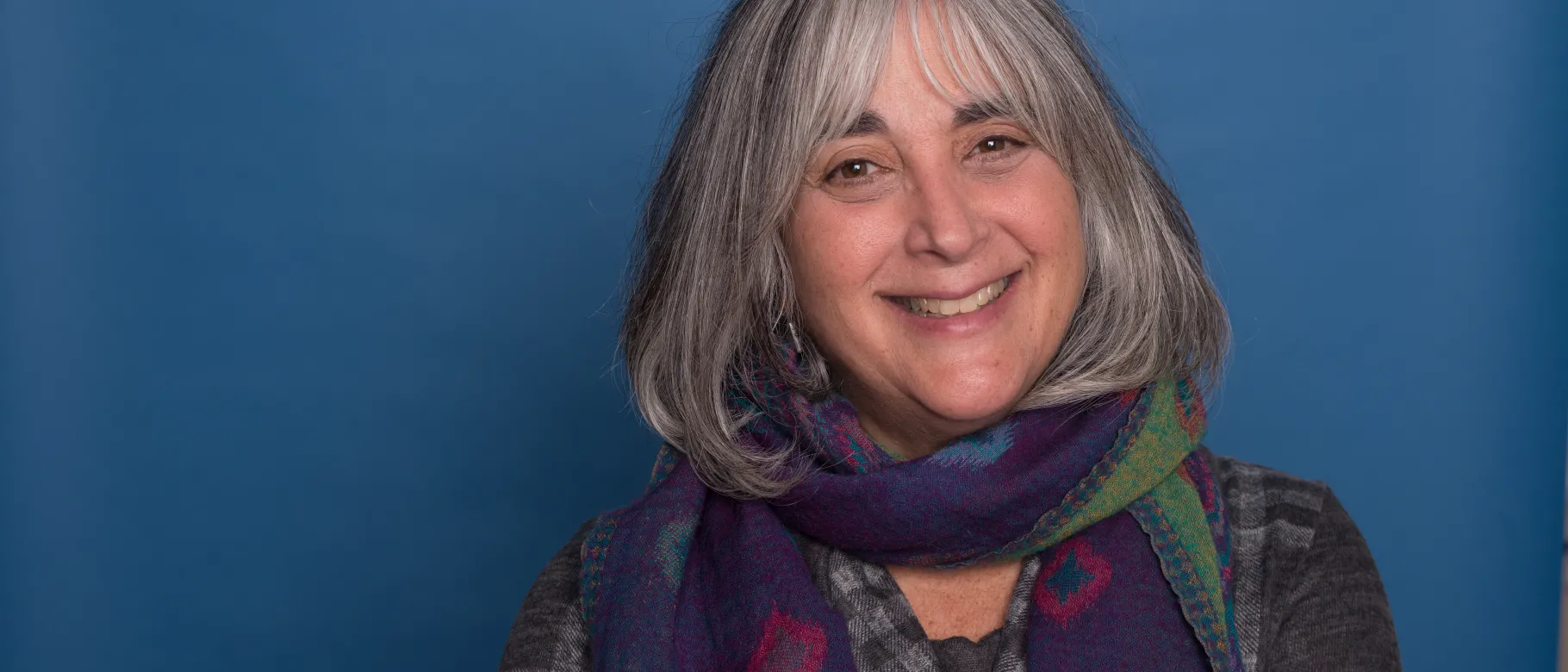Shelley Cohen Konrad co-authors discussion paper on IPE, adopting resilient systems to ease burnout

Shelley Cohen Konrad, Ph.D., LCSW, FNAP, director of the Center for Excellence in Collaborative Education at UNE, is a co-author on a discussion paper about the increasing importance of interprofessional education (IPE) in the health professions amid today’s ongoing health crises.
The paper, “Interprofessional Education and Collaborative Practice (IPECP) in Post-COVID Healthcare Education and Practice Transformation Era,” was published by the Global Network for Interprofessional Education and Collaborative Practice Research (IPR.Global), in collaboration with the American Interprofessional Health Collaborative (AIHC) and the Canadian Interprofessional Health Collaborative (CIHC).
The publication is a call to action for educators, practitioners, community leaders, scholars, and policy makers to implement critical strategies such as adaptability, forward thinking, sustainability, inclusivity, and institution-wide support to promote resilience to achieve what the authors call the “Quintuple Aim” — better health, better care, better value, better work experience, and better health equity.
Cohen Konrad collaborated with colleagues Kathleen MacMillan, RPh (Dalhousie University); Jyotsna Pandey, M.D., Ph.D.; (Central Michigan University College of Medicine); and Andrea Pfeifle, Ed.D. PT, FNAP (Ohio State University) on a section of the document focused on adopting resilient systems emphasizing the importance of institutional culture change and system-based collaborative approaches to avoid burnout and improve workforce retention and quality practice.
The entire IPR.Global team reviewed the full document, made suggestions and edits, and approved the final discussion paper, which will soon be published as an article in a peer-reviewed, interprofessional journal.
Cohen Konrad remarked that the paper’s vision of future interprofessionality is relevant to UNE’s mission and strategic priorities — particularly as the University seeks to expand its Portland Campus into a single, interprofessional health professions campus, unique to the region and New England.
“This discussion paper highlights what’s needed to prepare the future global workforce to improve health and health care for all people and the planet,” Cohen Konrad stated. “I was honored to be included as an author on this important discussion paper, and I can envision how what we learned from a global perspective could be applied to the formation of UNE’s health professions campus and future interprofessional initiatives for our students and communities.”